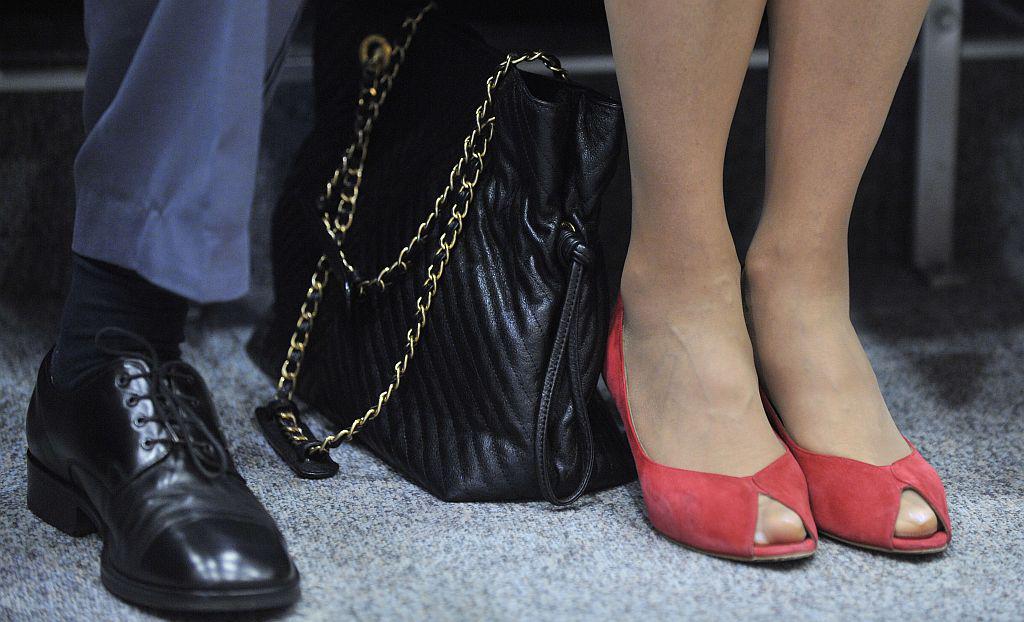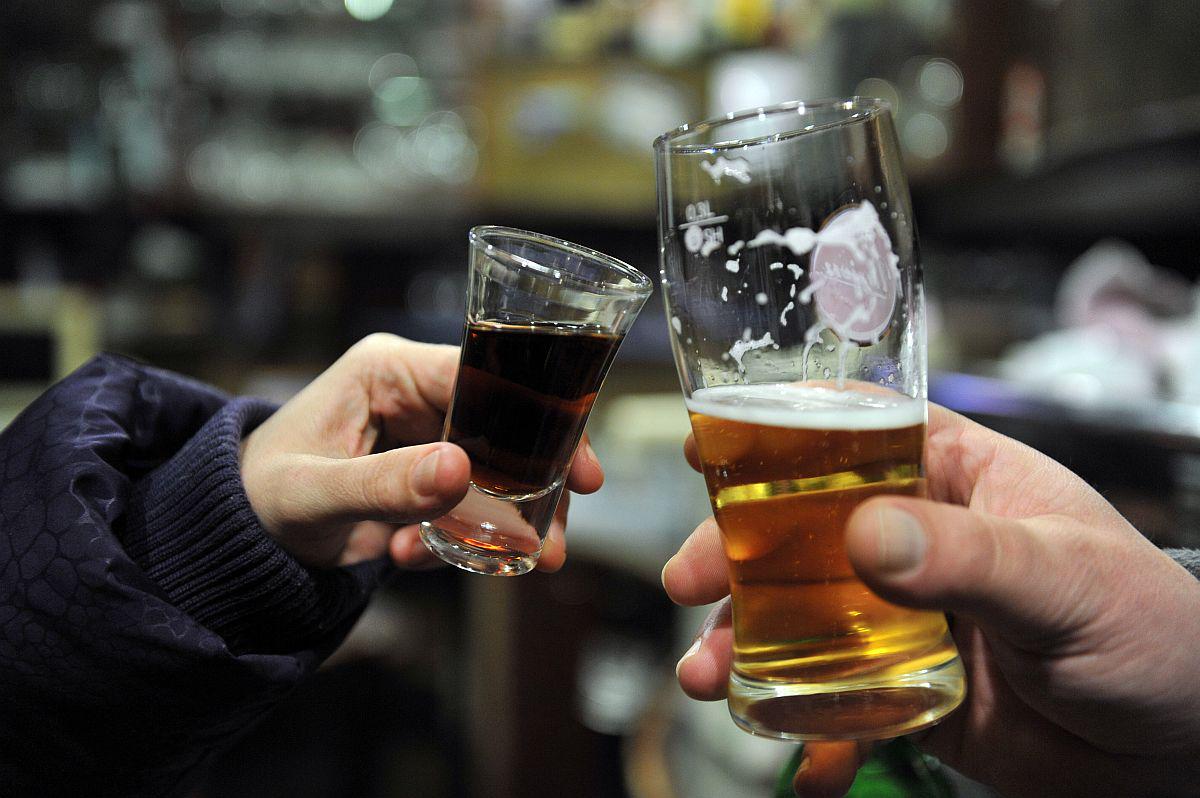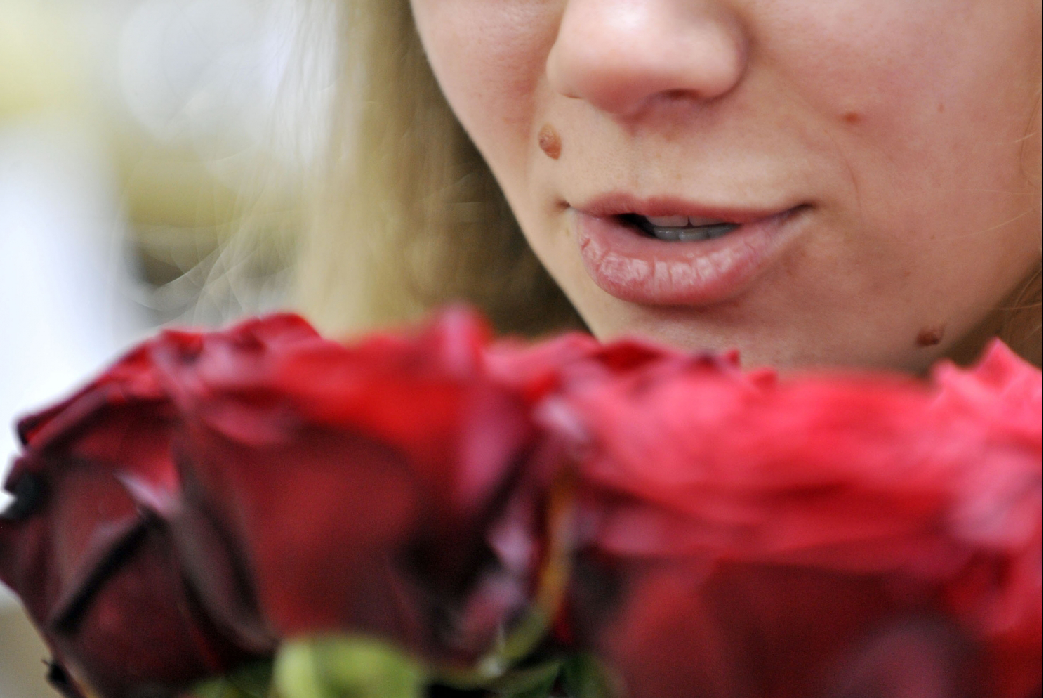



When a male and female sit together in a bar and the female orders a beer and the male orders a coffee, it may very well happen that the waiter, absorbed by his daily routine, gives the beer to the male. And if they both order a beer, it may very well also happen that the female gets the smaller beer bottle. In the 90s something similar happened to Naomi McAuliffe, a journalist at the Guardian. She wrote: "I never thought my womanhood would depend on the size of the glass from which I drink."
Branislava Vičar from the Faculty of Arts in Maribor explained some of the examples of sexism in language: "the difference in sex or the sexist asymmetry in language or sexism in language is a phrase, which defines a wide range of elements, like for example the generics of the male sex (E.g. 'There were presenters from ten countries at the symposium', when almost all of the 'presenters' were women, or 'Maja went out with friends', when in the group that Maja went out with there was only one male), or bisexual forms of addressing someone, which preserve the sexual designation (E.g. 'Drage kolegice, spoštovani kolegi' /Dear female colleagues and respected male colleagues/), or inflecting female last names with adjectival suffixes -ova/-eva (Eg. 'The suggestions were put forward by »dr. Kosova«', or 'Javornikova held the lecture')."
A husband's wife, in good and bad
Property – interestingly – is an idea which can be found very often in the background of various language and sex analyses. It also hides in the wedding gesture when females take over the last names of their husbands and give up their maiden names. And when we ask why, the female usually answers "out of tradition, out of habit, it's more practical and that's the way it's done."
Another point of view on the taking over of last names is given by Milica Antić Gaber from the Faculty of Arts in Ljubljana: "When a female takes over the surname of her husband, it gives proof of internal male domination, which is considered as something normal, natural and long-lasting historically. It's something we don't reflect upon and allow to be passed on from one generation to the next. Taking over the husband's last name clearly shows that, although we're not aware of it, females are still labeled as property."
Stereotypes in the Dictionary of the Standard Slovene Language
Branislava Vičar says that stereotypes and the social constructs of femininity and masculinity are moreover reinforced with definitions and examples in the Dictionary of the Standard Slovene Language: "For example, if you look up the word »čustven -a –o« (emotional) we find definitions such as »vesela« (happy), »čustvena ženska« (an emotional woman), while male examples include »zelo ga je pretreslo, čeprav ni bil čustven človek« ('it shook him up quite a lot, although he wasn't an emotional man). The examples perpetuate images of a woman, as a subject characterised by emotions, as opposed to men. The entry for »razumen -a –o« (reasonable) in the Dictionary of the Standard Slovene Language among other things gives the example »bil je razumnejši kot njegovi bratje« (he was more reasonable than his brothers), but not even one example which refers to the female subject."
"Females are not aware of their exclusion"
"If a professor addresses a group made up of female students and just one male student, or a group entirely made up of female students, in masculine form, every female student would still feel acknowledged. However if the professor was to address the group of female students and one male student in feminine form, it's very likely that the male student would not feel acknowledged - even more, he might feel discriminated. If females still recognize themselves in male forms, it still doesn't mean that those forms don't exclude them; it means that they're still not aware of their exclusion," warns Branislava Vičar.
A little girl
If we pay attention, we can also find statements in the media in which females in leading political positions are sometimes still referred to as "girls", in order to diminish their role. One web commentator wrote the following after a statement by Germany Chancellor Angela Merkel: "Yup, the girl surely is well informed…" For important male figures – apart from those in sports - you can't find those kinds of examples. Imagine commenting a statement by U.S President Barack Obama: "boy's informed…" Diminutive name forms are also used for females, for example Alenčica (from Alenka), Evica (from Eva), while for male names you can rarely hear examples like Borutek (from Borut) or Zoranček (from Zoran).
"The consequences can be seen in the factual neglection of women"
"The arbitrary decision of not labeling a male grammar sex, which should also represent the female subject, factually means that the female sex remains without its own representation in a language. Language exclusion has clear discriminatory effects in the way one comprehends the social position of the female subject. The consequences can be seen in the factual neglection of women in the sociopolitical sphere," adds Vičar.
The bone is thrown, let's start gnawing
Aspirations for gender equality are still popular today. Feminism is still a phrase, which draws different reactions. We often forget that the struggle for women's emancipation is at the same time a struggle for the emancipation of men. Thriving towards it expresses the desire for equality in all levels of society. Equality begins with the language and is to the benefit of both sexes. Feminist efforts are nothing more than wishing the best for our partners, daughters, mothers, sisters and friends.
Nina Meh; translated by K. J.

































































